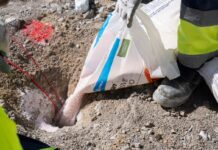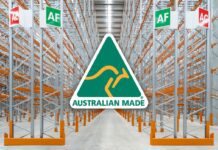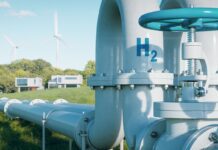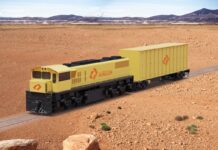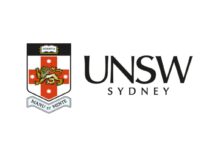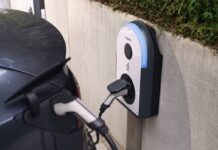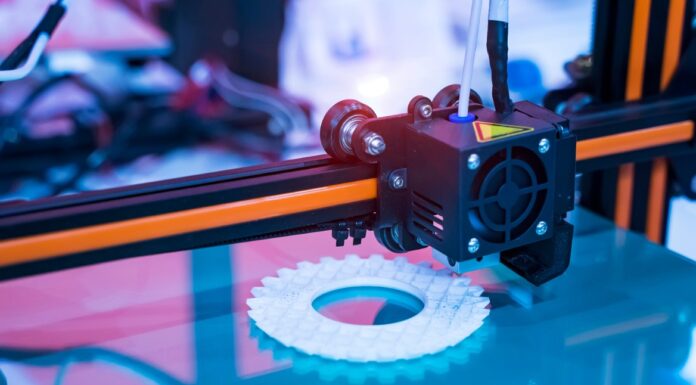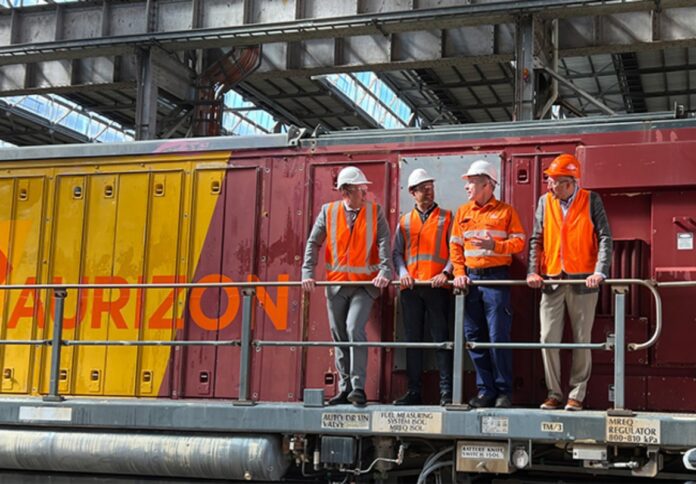
Australia’s largest rail freight company, Aurizon, has unveiled details of its investment to build the first zero-emissions capable freight locomotive built in Australia.
In a press release, Aurizon said it has contracted Progress Rail, a Caterpillar company, to undertake the innovative project.
The rail freight company emphasised that this type of work has the potential to reduce Australia’s transport emissions and transform the nation’s freight supply chains.
In particular, the prototype is being built at Progress Rail’s Redbank facility in south-east Queensland.
The locomotive will also be developed as a heavy-haul freight locomotive capable of operating over Aurizon’s national footprint and suited to Australia’s tough operating conditions.
One of Aurizon’s existing 4000-class diesel locomotives will receive an upgrade from Progress Rail.
Aurizon’s national fleet includes more than 120 locomotives from the 4000-class, therefore a successful battery conversion might offer a significantly quicker, less expensive decarbonization pathway utilising entirely recycled assets.
Aurizon Managing Director & CEO Andrew Harding underscored the project is essential to Aurizon’s decarbonisation ambitions, with a goal of attaining net-zero operational emissions by 2050.
“Modern freight locomotives using renewable energy sources have the potential to transform the nation’s freight supply chains for customers, communities and the Australian economy,” Harding said.
He argued the investment will not only significantly lower the carbon footprint for our freight transportation requirements and the society at large, but it will also provide Australian exporters and businesses with a major competitive edge overseas.
“Australia is ideally positioned to supply the world with great reserves of future-facing commodities that will fuel and feed a decarbonising world for decades to come. This includes commodities such as copper, nickel, rare earths, grain and phosphate,” Harding noted.
The University of Queensland and Central Queensland University have also been contracted by Aurizon to conduct sophisticated modelling studies and research on new battery technologies, network infrastructure, and charging facilities needed to supply renewable electricity to locomotive batteries.
At Redbank, the retrofit’s design phase and preparatory work have begun.
The locomotive’s construction is anticipated to be finished by early 2025, with on-track testing starting in the first half of the same year.
Concurrently, the charging infrastructure on the chosen Australian rail line will be finished.


